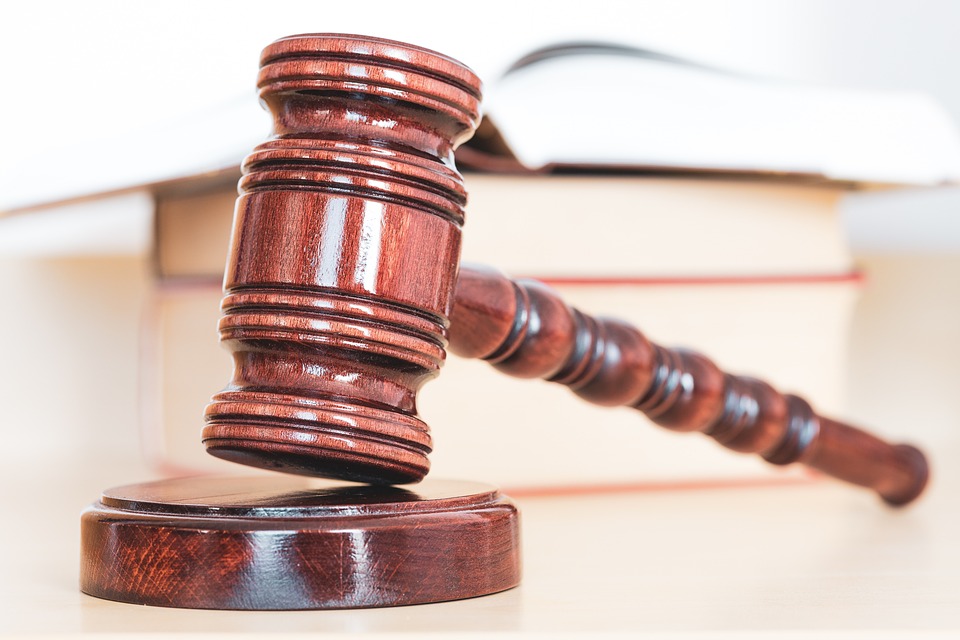
With an open, multiparty system, Mauritius has been ranked by the Economist Intelligence Unit as one of the 20 most democratic countries in the world. Indeed, this African country has earned a glowing international reputation thanks to its free and fair elections and civil liberties that are generally upheld. However, many believe that the Mauritian Constitution is responsible for this success, striking a balance between public order and security and shaping the nurturing and protection of personal freedom. So, let’s find out more about the salient features of the Constitution of Mauritius.
The Constitution of Mauritius
 The Big Book of Common Laws – otherwise known as the Constitution of Mauritius – is the central instrument of the Mauritian government and the land’s supreme law. It outlines the various rights and responsibilities both the state and its citizens have towards each other. For many years now, it has guided the evolution of governmental institutions and laid the foundation for political stability, individual freedom, social progress and economic development.
The Big Book of Common Laws – otherwise known as the Constitution of Mauritius – is the central instrument of the Mauritian government and the land’s supreme law. It outlines the various rights and responsibilities both the state and its citizens have towards each other. For many years now, it has guided the evolution of governmental institutions and laid the foundation for political stability, individual freedom, social progress and economic development.
Established in 1968, the Constitution of Mauritius owes its staying power to the French Law. Despite being under the British rule in 1814, Mauritius still kept the substantive French laws. Eventually, by 1885, a new constitution was established by the British which went through several amendments but which was grafted onto French laws.
The path to the Constitution of the Republic of Mauritius has paved thanks to two eminent figures, namely, Adrien d’Epinay and Remy Ollier, who became the first to ask for the doctrine of separation of powers among the legislative, the executive and the judiciary. The primary objectives expressed in the preamble to the Constitution were to set the following fundamental rights for the citizens of Mauritius: right to liberty and legal protection, freedom of conscience, freedom of association, movement, and opinion, freedom of expression, freedom of creed and religious belief and the right to private property.
The Critical Features of the Constitution

The current Constitution of Mauritius is divided into 3 main parts, which are then subdivided into 11 chapters: The State and the Constitution, Protection of Fundamental Rights and Freedoms of the Individual, Citizenship, The President and the Vice-President of the Republic of Mauritius, Parliament, The Executive, The Rodrigues Regional Assembly, The Judicature, Service Commissions and the Public Service, The Ombudsman, Finance and Miscellaneous.
So, let’s take a closer look at the different elements comprising the Mauritian Constitution.
Chapter 1. The State and the Constitution
1.The State / 2. Constitution is supreme law
Legitimate pride can be felt when Mauritius adhered to its democratic Constitution and deepened its democratic ethos when it became a sovereign democratic republic, known as the Republic of Mauritius.
“Constitution is supreme law” endorse the fact that the law is clear and accessible, governing over government powers and guaranteeing individuals’ rights and freedoms. It provides a framework and makes provisions for all decisions to be made that should fairly represent public opinion.
The Constitution symbolizes the supreme power of the state, having the authority to render any other inconsistent law void. In the matter of Gerard Denis v. The Ministry of Youth & Sports, it can be observed how arguments were more based on the supreme law rather than general law.
Chapter 2: Protection of Fundamental Rights and Freedoms of the Individual
2. Fundamental Rights and Freedoms of the Individual
The Constitution safeguards the people of Mauritius’ fundamental rights, fundamental liberties and civil liberties. The fundamental rights apply to all citizens of the country, regardless of their class, religion, race, caste, creed, place of birth or gender. These fundamental rights are necessary for the development of each individual’s personality and the preservation of human dignity.
The three main fundamental freedoms include:
(a) The right of the individual to life, liberty, security of the person and the protection of the law;
(b) Freedom of conscience, of expression, of assembly and association and freedom to establish Schools; and
(c) The right of the individual to protection for the privacy of his home and other property and from deprivation of property without compensation
This line of reasoning has been seen in the case of POLICE VS BIBI MARIE CHRISTELLE ISABELLE where the rights and freedoms of the individual were clearly spelled out.
